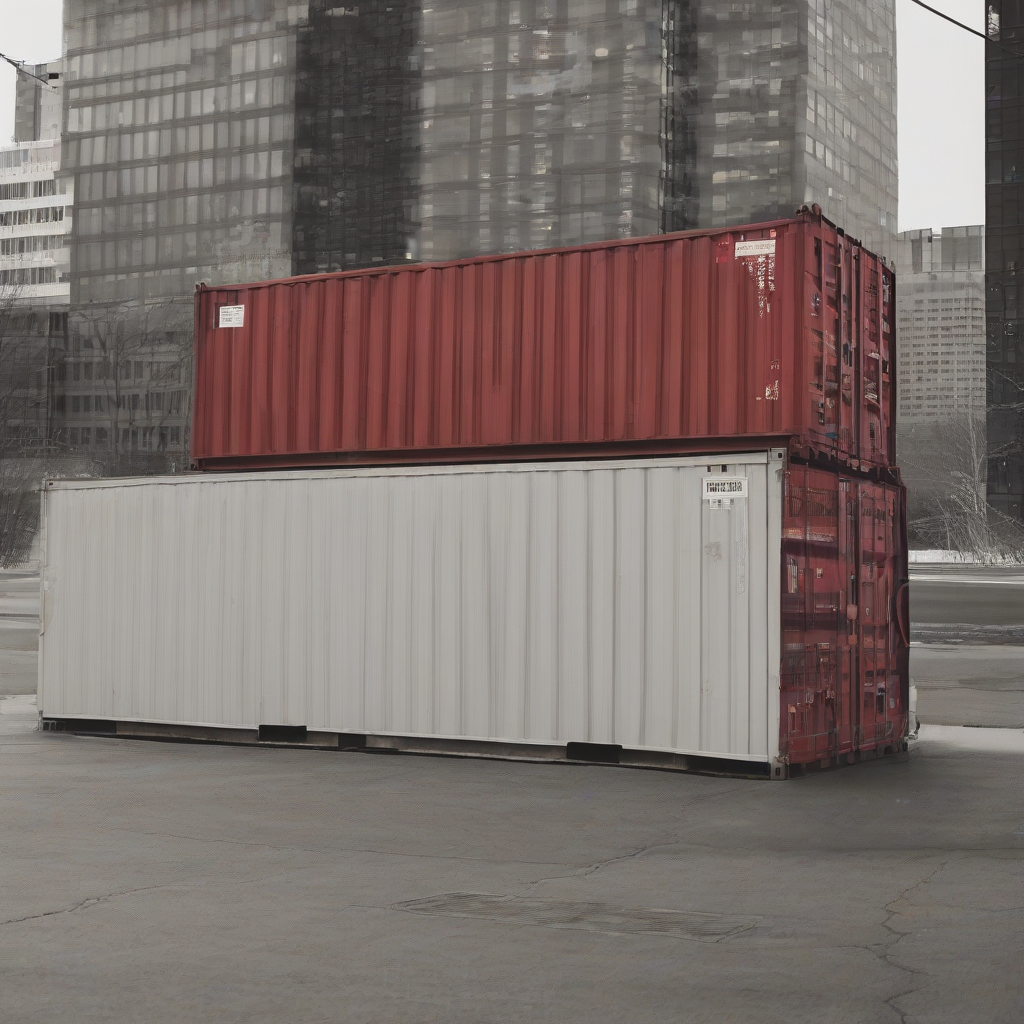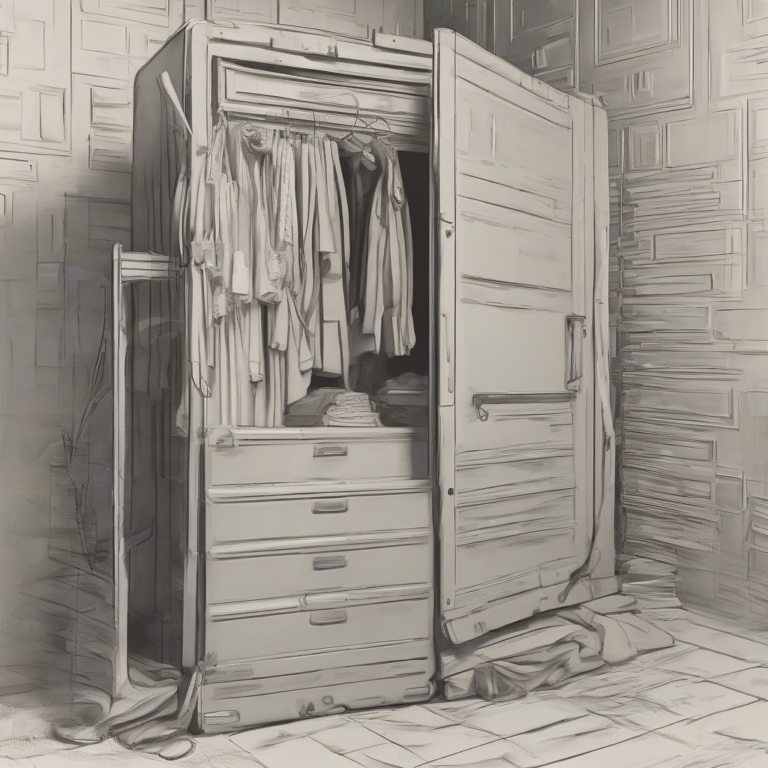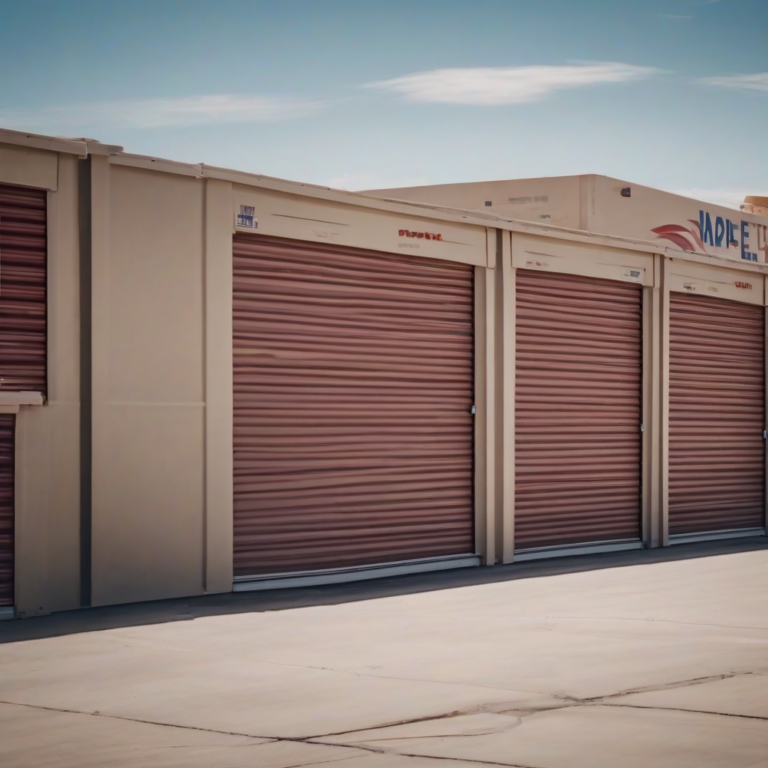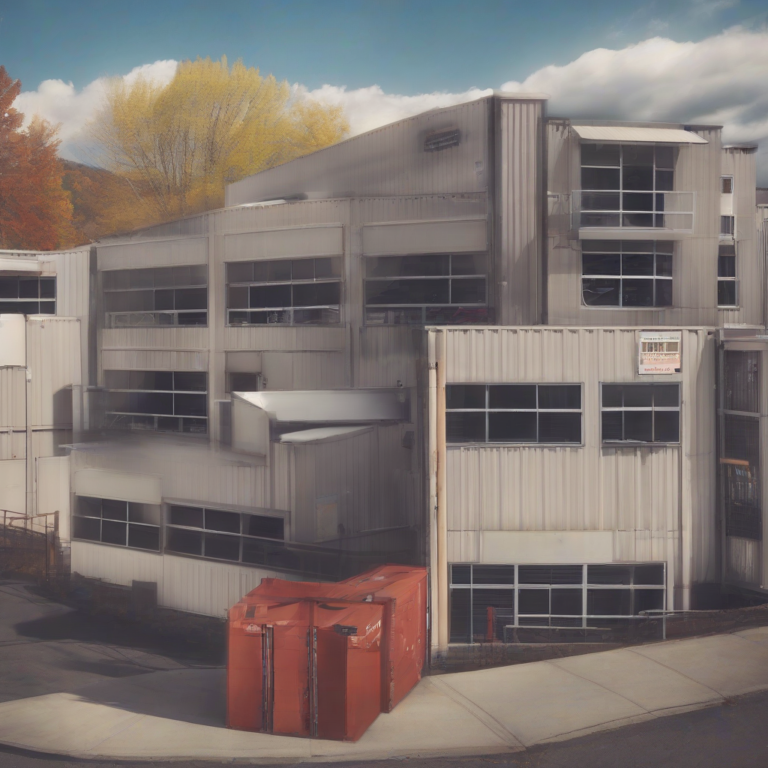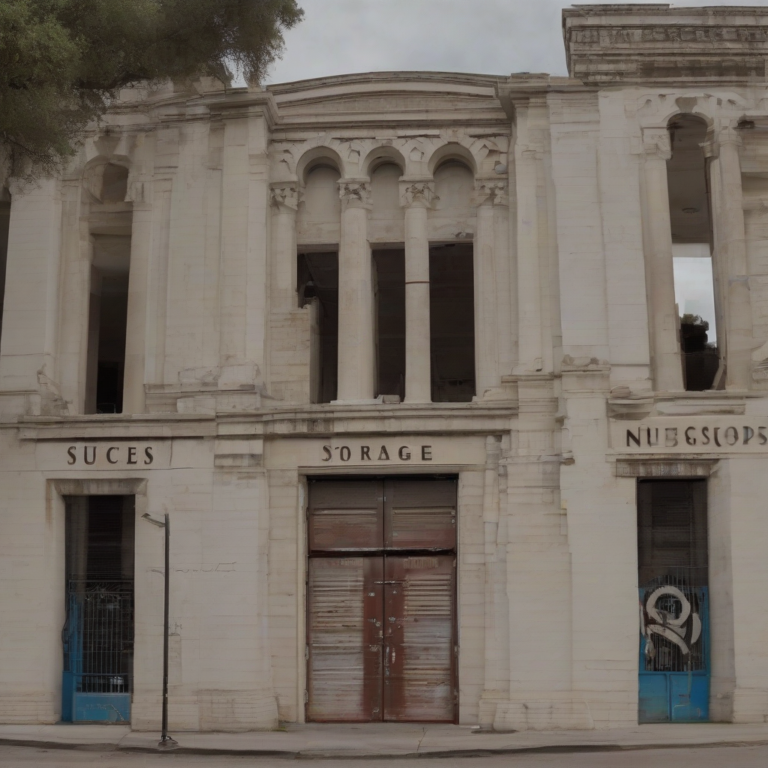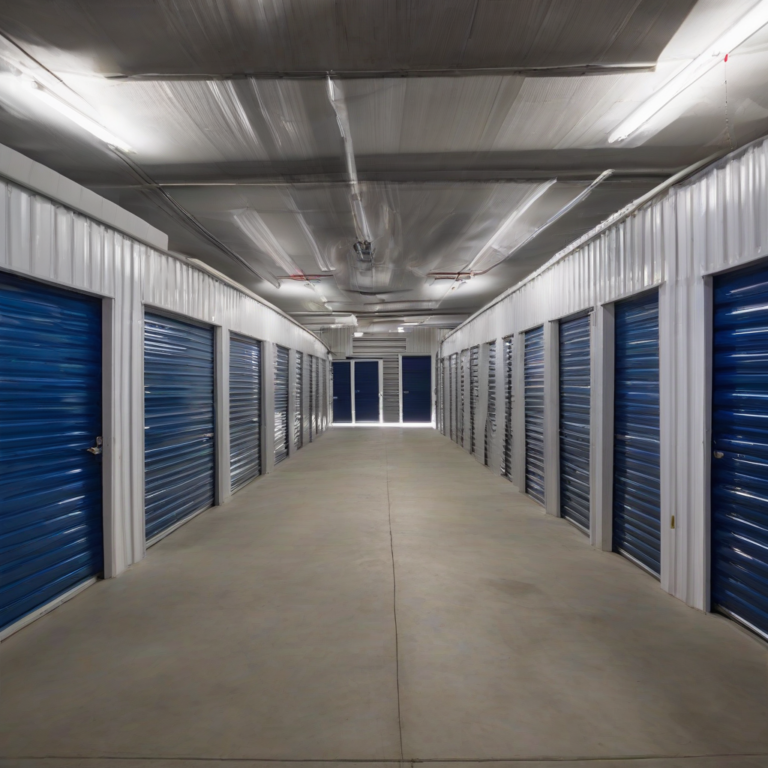Your Ultimate Guide to Storage Solutions in Minneapolis, MN
Your Ultimate Guide to Storage Solutions in Minneapolis, MN
Finding the right storage solution in Minneapolis can feel overwhelming. With a bustling city and diverse storage needs, understanding your options is key. This comprehensive guide breaks down everything you need to know about storage in Minneapolis, MN, covering various storage types, factors to consider, and how to find the perfect fit for your belongings.
Types of Storage in Minneapolis
- Self-Storage Units: These are the most common type, offering various sizes and climate control options. You have direct access to your unit, usually with 24/7 access depending on the facility.
- Mini Storage Units: Ideal for smaller items, these units are perfect for seasonal items, extra furniture, or business inventory.
- Climate-Controlled Storage: Protects sensitive items like electronics, furniture, and documents from extreme temperatures and humidity. This is crucial for preserving valuable belongings.
- Vehicle Storage: Secure parking for cars, boats, RVs, and motorcycles, often offering covered or enclosed options.
- Business Storage: Larger units designed for businesses to store inventory, equipment, or archives. Often includes features like loading docks and security systems.
- Archive Storage: Specialized storage for documents and valuable records, offering secure and climate-controlled environments.
- Mobile Storage Containers: Containers delivered to your location, offering temporary or long-term storage solutions. Convenient for moving or short-term projects.
Factors to Consider When Choosing Storage in Minneapolis
- Location: Choose a facility that is easily accessible and convenient to your home or business. Consider proximity to major highways and public transportation.
- Size: Accurately assess your storage needs. Measure your items to determine the appropriate unit size. Avoid renting a unit that is too large or too small.
- Climate Control: If you’re storing sensitive items, climate control is essential. This helps prevent damage from temperature fluctuations and humidity.
- Security: Look for facilities with advanced security features like gated access, security cameras, and on-site management.
- Accessibility: Consider the hours of operation and whether you need 24/7 access to your unit.
- Insurance: Check if the facility offers insurance or if you need to obtain your own coverage.
- Price: Compare prices from different storage facilities. Consider monthly rental fees, additional charges for climate control, and any administrative fees.
- Reviews: Read online reviews from previous customers to get an idea of the facility’s reputation and customer service.
- Contract Terms: Carefully review the lease agreement before signing. Understand the terms and conditions, including the rental period, payment options, and cancellation policy.
- Packing Supplies: Many facilities sell packing supplies on-site, which can be convenient. Compare prices and availability.
Finding Storage in Specific Minneapolis Neighborhoods
Minneapolis offers diverse neighborhoods, each with its own storage options. Researching facilities in your desired area is crucial for convenience and accessibility.
- Downtown Minneapolis: Expect higher prices due to the prime location. Look for facilities offering convenient access to public transportation.
- Uptown Minneapolis: A vibrant neighborhood with various storage options, offering a balance between convenience and price.
- Northeast Minneapolis: Known for its artistic vibe, this area might offer more affordable options compared to the city center.
- South Minneapolis: A more residential area, with potentially more affordable storage options available.
- North Minneapolis: Similar to South Minneapolis, potentially offering more budget-friendly storage options.
Tips for Efficient Storage Use in Minneapolis
- Purge Unnecessary Items: Before you store anything, declutter and get rid of items you no longer need or use. This saves you space and money.
- Pack Smartly: Use sturdy boxes and packing materials. Label your boxes clearly and organize them efficiently within your unit.
- Maximize Vertical Space: Utilize shelves and stackable containers to maximize space within your storage unit.
- Protect Your Belongings: Use appropriate packing materials to protect fragile items from damage.
- Regularly Inspect Your Belongings: Visit your storage unit periodically to check on the condition of your belongings and address any potential issues.
- Inventory Your Items: Keep a detailed inventory of your stored items, including photos and descriptions. This is helpful for insurance purposes.
- Consider Professional Packing Services: If you’re overwhelmed by the packing process, consider hiring professional movers or packers.
Understanding Minneapolis Storage Laws and Regulations
Familiarize yourself with local regulations regarding storage units and contracts. This ensures you’re protected as a renter.
- Lease Agreements: Thoroughly review your lease agreement before signing. Understand the terms and conditions, including payment options and termination clauses.
- Liability: Understand the facility’s liability in case of damage or loss of your belongings.
- Access Rights: Clarify your access rights to your unit and the facility’s policies regarding access hours.
- Safety Regulations: Be aware of any safety regulations or guidelines enforced by the storage facility.
Frequently Asked Questions (FAQs) about Minneapolis Storage
- What is the average cost of storage in Minneapolis? The cost varies greatly depending on unit size, location, and features. It’s best to contact individual facilities for accurate pricing.
- What type of insurance do I need for my stored items? Check with your homeowner’s or renter’s insurance provider to see if your policy covers stored items. You might need additional coverage.
- How do I find reputable storage facilities in Minneapolis? Read online reviews, compare prices, and visit facilities in person to assess their security and cleanliness.
- What should I do if I experience problems with my storage facility? Contact the facility’s management to address your concerns. If the issue remains unresolved, you can consider contacting the Better Business Bureau or other consumer protection agencies.
- Can I store hazardous materials in my storage unit? No, most storage facilities prohibit the storage of hazardous materials. Check the facility’s policies before storing any potentially hazardous items.
